Not enough people who write advice for wannabe cruisers highlight the benefits of doing new things, even if you do them badly. Because when you move onto a boat, nearly everything will be new to you. And your first attempts won’t always go well.
Even Carolyn’s post on the topic didn’t quite get to the heart of the issue. Not only do you have to be willing to try new things, you have to be willing to stink at them while you improve your skills. And until you get better, stinking will result in near misses, boat damage, and bruises.
But the pain of scratching your hull or breaking a toe is nothing compared to the emotional pain that accompanies the discomfort some people feel when doing stuff badly.
Being a Bad Sailor
I got a lot of practice being a bad sailor when I started lessons at the community sailing program in my mid-40s.
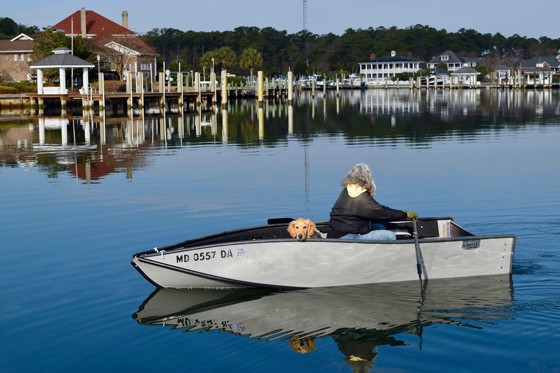
Although I could describe the Bernoulli effect and how it caused a sailboat to move forward, to this day, I still don’t understand it in a concrete way. And I felt discouraged when every time I pushed the tiller it went the opposite direction I want to turn. My only source of hope came from my first instructor telling me: “Don’t get discouraged. I find that people who take the longest to figure things out are usually really good sailors once the information clicks.”
That encouragement kept me going with sailing until it clicked. And when each new skill found its place in my muscle memory, sailing felt more natural.
From the start, my husband was a much better sailor than me.
His superior grasp of physics and geometry made him a stronger boater than me from the very beginning. But my husband lacked one emotional skill that made cruising a special challenge for him while to me, it felt natural.
What Makes An Unhappy Cruiser
My husband has the blessing (or perhaps, curse) of doing many things very well—much better than the average person. But with few serious struggles, he doesn’t cope well with doing things badly.
On land, if Mike found something hard, he’d avoid it. Why make yourself miserable stinking at something you don’t have to do? And besides, it’s easy to pay other people to do things for you that you do poorly or don’t enjoy.
But cruising, you don’t have that luxury.
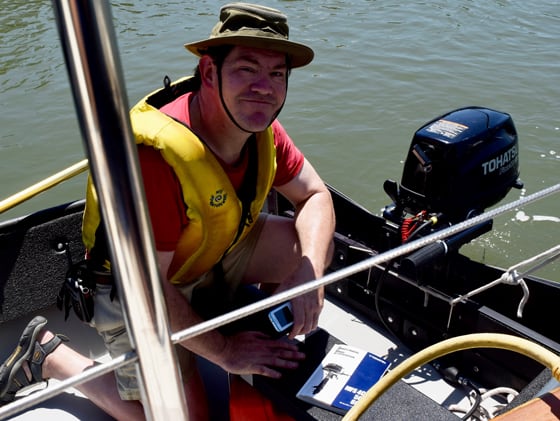
Even in our far-from-remote cruising grounds of the Atlantic Intracoastal Waterway and the Chesapeake Bay, we have to rely on ourselves to fix a finicky outboard or deal with a furling jib that gets hung up at just the wrong time. And when solutions didn’t come easily, my husband experienced a lot of frustration.
Our boat served as the setting for a creative range of curses, the likes of which have probably never been heard over such relatively minor issues.
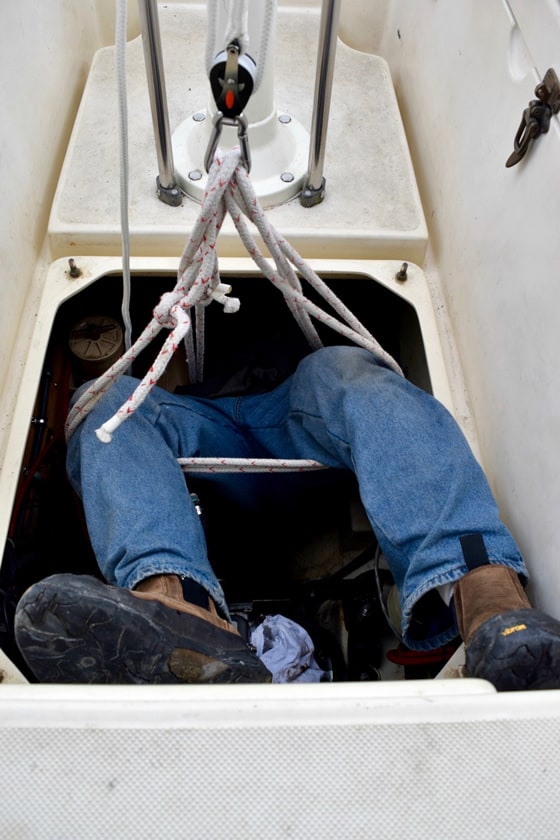
What Makes A Happy Cruiser
In contrast, I came to cruising expecting it to be hard and knowing I would stink at it. I assumed that most things would start out hard and that over time, I would get better at them.
After all, I started out stinking at just getting the boat to move under sail. But every time I docked without an engine or trimmed the sails so the telltales fluttered perfectly, I felt a sense of accomplishment.
I expected the same growth curve for cruising too.
And because I didn’t dissolve into a puddle of self-hatred every time I bumped a dock or failed to bring a mud-covered anchor up solo the first time I tried, I felt free to notice things I actually was doing well.
I feel a great sense of accomplishment at hand-steering a straight compass course in a rough Georgia sound or suggesting the solution that quickly helped us unwrap the anchor rode from our keel in a confused anchorage.
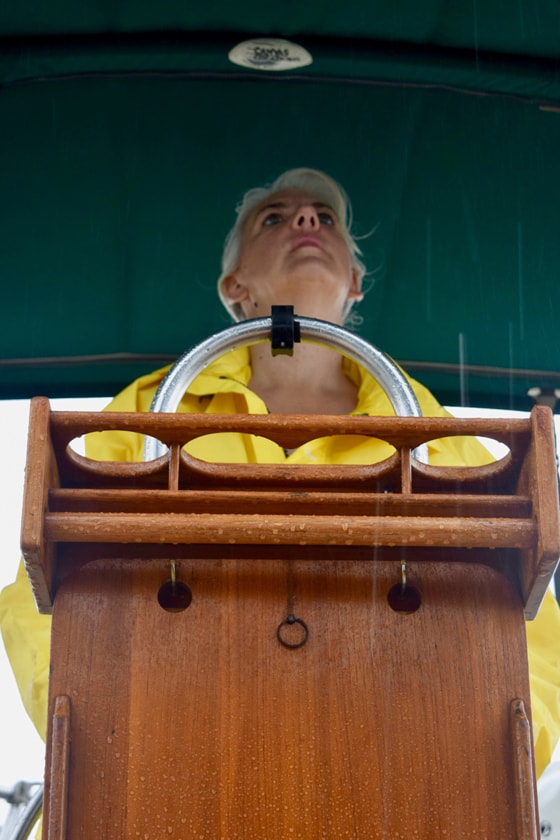
Expecting to be bad at cruising skills and not letting it defeat you gives you emotional room to notice and feel a sense of pride when your skills improve.
And when the next new skill comes along (because cruising is a never-ending skills test), I tell myself, “You’re going to stink at this. Do it anyway.”
The Most Important Cruising Skill
I’m not always a Zen master of calm when things go badly. But I still believe that the ability to feel comfortable doing things badly is a vital cruising skill. And one that will certainly help you manage until your skills and knowledge base improve.
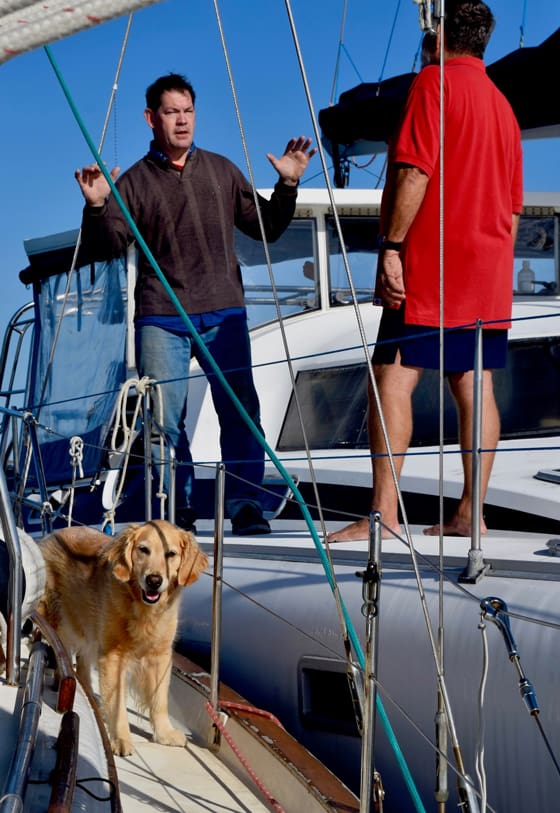
It’s a skill that you need no matter how many years you cruise. Because every cruiser will continually face challenges to their skills. This is something we recently learned when an 18-year, single-handing cruiser with experience on two oceans let the current catch him by surprise and ended up wrapping our anchor rode around his propeller trying to regain control.
Since we moved on board, we’ve learned more about weather, currents, anchoring, navigation, diesel engines, electrical systems etc. than we could have ever imagined.
But I don’t think any skill has been more important in cruising than being willing to stink at new things without it making you want to give up.
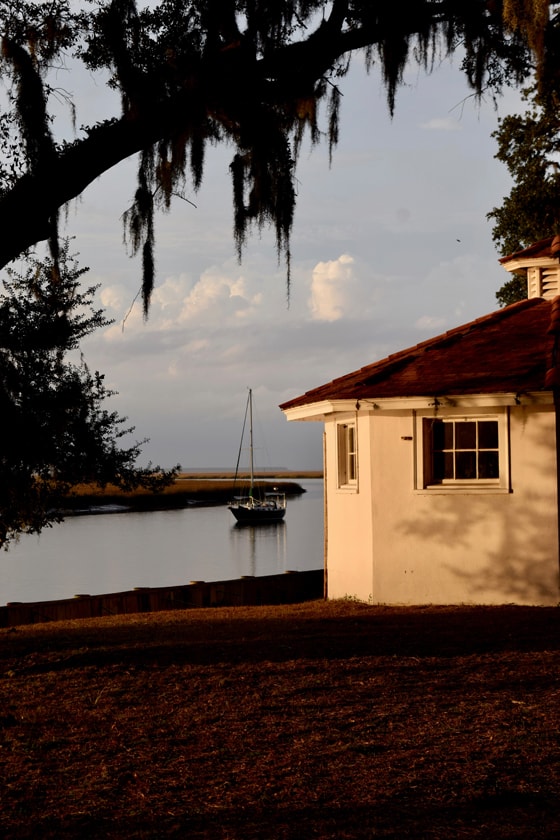
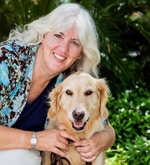
Pamela cruised aboard a Pacific Seacraft 34 and is a member of the Boat Galley Team. She has developed the Perfect Boat Dog Course and has written about cruising with her golden retriever Honey at Something Wagging This Way Comes.
Related Posts
Flatten the learning curve with practical how-to info that gives you the confidence to step into life aboard.
Start Learning Today








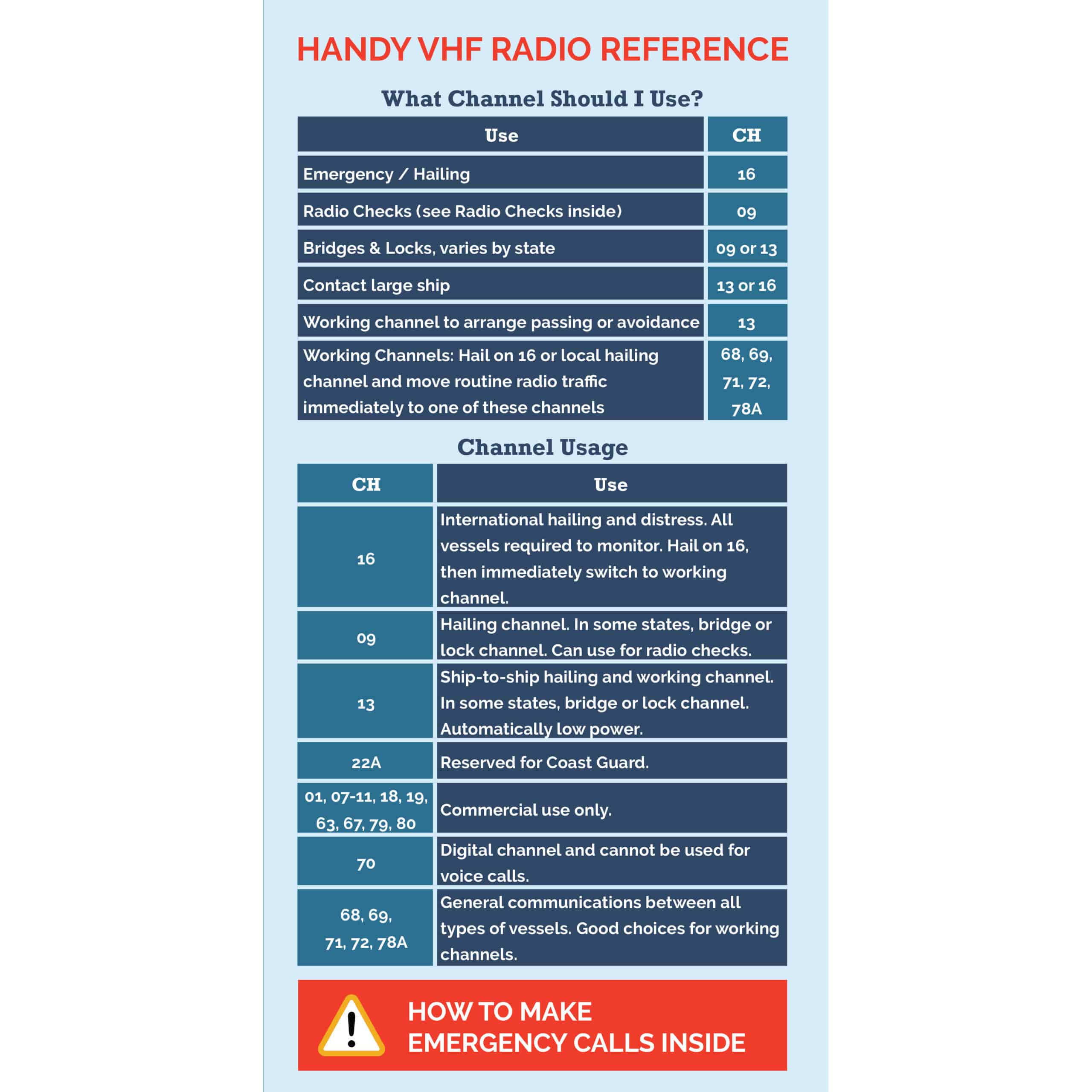

Anonymous says
I think that is everyone’s biggest fear. It is mine. I keep trying to remember as I’m failing that everyone else has had equally embarrassing moments.
The Boat Galley says
Hang with it. You really will get it. Most of my articles stem from things I did badly at first. There is always learning, and being comfortable with it is hard.
Pamela says
Many of us will learn better once we dig into it. But if we’re afraid to start because we don’t want to look silly (or dirty), we’re going to miss out on a lot.
Glad to know I’m not the only slow learner who “gets it” only after something clicks.
Pamela says
He he–maybe the other job we have as newbies is to encourage new people. THey’ll say, “Heck, if they can do it, so can I!”
BTW, really impressed at taking hockey up as an adult. That ice is a hard practice area.
Anonymous says
The Boat Galley, your articles are such a huge help! Thank you so much! 🙏🏻
Carolyn Shearlock says
Yes, I love her honesty.
The Boat Galley says
Oh, I love that!